Lelei LeLaulu: The Quiet Force for Peace, Progress, and the Pacific
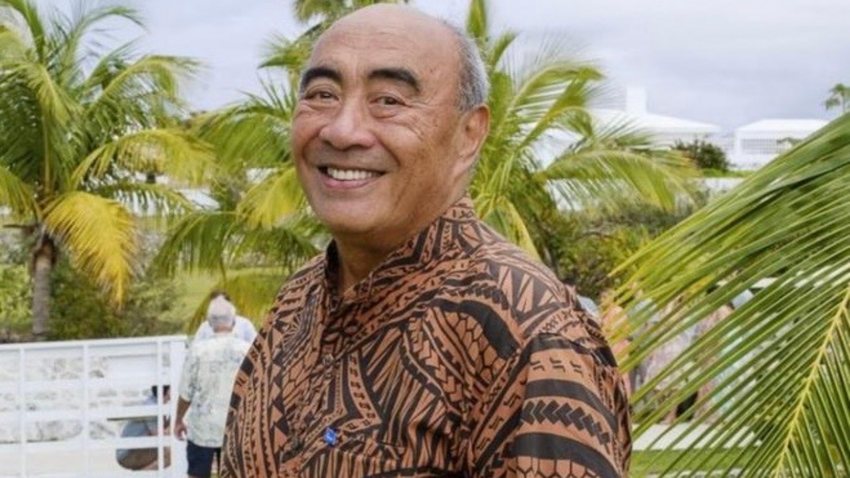
By Lagomauitumua Elizabeth Ah-Hi
In the hush of Oslo’s corridors, far from the lava fields of Savai’i, Samoa, a name surfaced on the world’s most prestigious shortlist: Lelei Tuisamoa Lelaulu, a development entrepreneur focused on peace-building, climate change, oceans, sustainable tourism, and indigenous rights, nominated for the 2025 Nobel Peace Prize.
To many, it came as a quiet surprise. But for those familiar with his trail of work — from the Caribbean to the Pacific, from the United Nations to Indigenous community councils — the honour felt like a long-overdue recognition. It validated not only the work of one man but the quiet wisdom of an entire ocean.
In a world that often confuses visibility with influence, Lelei is a rare exception. A proud son of Samoa whose impact has rippled across continents and causes, he has shaped global conversations on peace, climate resilience, Indigenous empowerment, and ethical tourism—not with fanfare, but with thoughtful precision, cultural depth, and purpose.
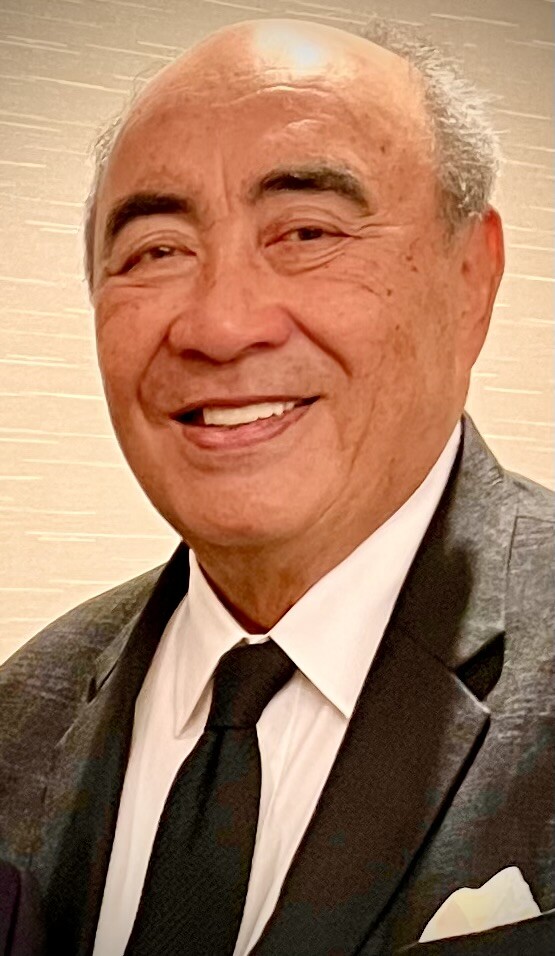
“My extensive experience in media has taught me that operating discreetly can significantly enhance efficiency and effectiveness, particularly when navigating complex and sensitive issues,” says LeLei who adds that, “excessive public attention often hampers progress.”
That instinct to stay below the radar has defined LeLaulu’s leadership style. But his fingerprints are found on everything from post-communist reconciliation strategies and UN peace building programs, to Indigenous rights movements and sustainable tourism initiatives.
He was instrumental in orchestrating peaceful transitions in vulnerable states, coordinating the evacuation of Ethiopian Jews, and co-founding the World Tourism Forum for Peace and Development—a pioneering platform that reframed tourism as a tool for peace building rather than exploitation.
And while his reach has extended globally, his anchor has always remained in the Pacific.
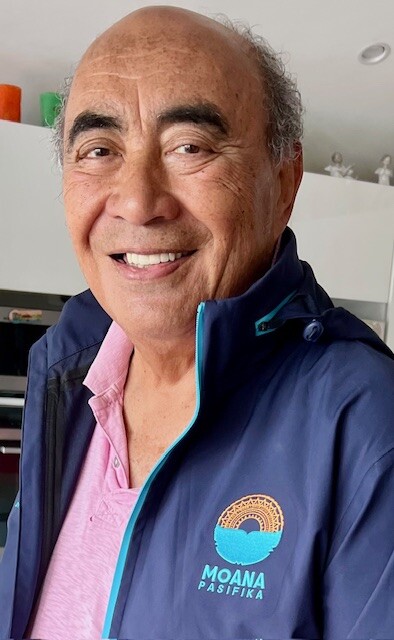
Raised in Palauli, Savaii – LeLei found early inspiration in the raw beauty of his island home. The wisdom of his father, LeLaulu Nonu TuiSamoa, and the compassion of his mother, Iliganoa LeAuanae, taught him how to lead with integrity, empathy, and humility.
“From an early age, I was captivated by the power of nature. As a child in Savaii, I would spend hours observing the mighty Moana crashing against the Palauli cliffs, contemplating its message and the limitless possibilities that lay beyond the horizon” Lelei reminisces.
“I observed my father, who skillfully balanced humor with incisive commentary and a profound understanding of genealogy to assert his views and negotiate challenging situations. His ability to say “no” in numerous ways left a lasting impression on me. My mother, instilled in me the importance of empathy, the duty to protect the vulnerable, and the virtue of humility in success—principles that continue to guide my approach to leadership.”
Lelei’s mission is driven by a sense of inherited purpose, shaped by the courage of the Samoan Mau movement and a legacy of peaceful resistance.
“Learning about the sacrifices and valor of Samoans during the 19th-century conflicts with major global powers, as well as the non-violent strength exemplified by the Mau movement in securing independence, deeply reinforced my belief in our capacity to create meaningful change” Lelei shares.
“I have always believed that the value of guidance is not determined by the stature of the advisor, but by the wisdom and impact of the counsel they offer.”
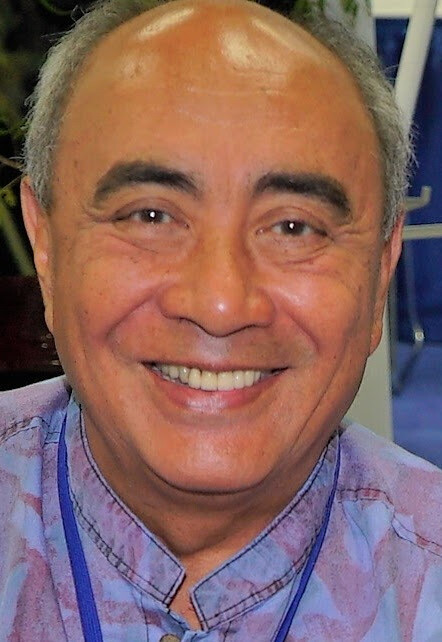
Lelei is best known in his line of work for reshaping the narrative around tourism — not just for leisure, but as a vessel of peace.
“In my view, tourism is the largest voluntary redistribution of wealth in history,” he explains. “Unlike war, where resources are seized by force, tourism is a peaceful exchange—people willingly spend their money on airlines, cruise lines, hotels, and local enterprises
He coined the term “aerial highways” to describe how airlines don’t just ferry tourists, but channel opportunity. For small island nations often excluded from mainstream economics, this global movement isn’t just business — it’s survival. Tourism, for Lelei, is reconciliation in motion.
Ask Lelei about conflict resolution, and he doesn’t cite Geneva conventions or military doctrines — he brings up Ifoga, a traditional Samoan method of non-violent reconciliation.
“I consistently draw upon the Samoan tradition of blending candor with subtle humor to navigate difficult decisions and achieve consensus.” he says. “Ifoga, offers a profound model for attaining justice and healing in even the most challenging situations.”
It’s this ability to bring indigenous wisdom into modern frameworks that has made LeLaulu a sought-after advisor. His contributions at the Rio Earth Summit, the UN’s First Global Conference on Small Island States, and his leadership with the Earth Council Alliance are just a few hallmarks of a career grounded in the interlinking of environmental stewardship, social justice, and global peace.
Whether through co-founding the World Tourism Forum for Peace, producing broadcasts for UN anti-apartheid efforts, fostering Indigenous cooperation through the World Indigenous Games, or shaping policy at the World Bank and International Finance Corporation, LeLaulu has repeatedly proven his capacity to unite unlikely allies toward a common goal. His aim? To make himself obsolete.
“True success,” he says, “is when external intervention is no longer necessary. When a community can stand on its own, the mission is complete. In other words - when we’re out of a job, then we’ve done our job.”
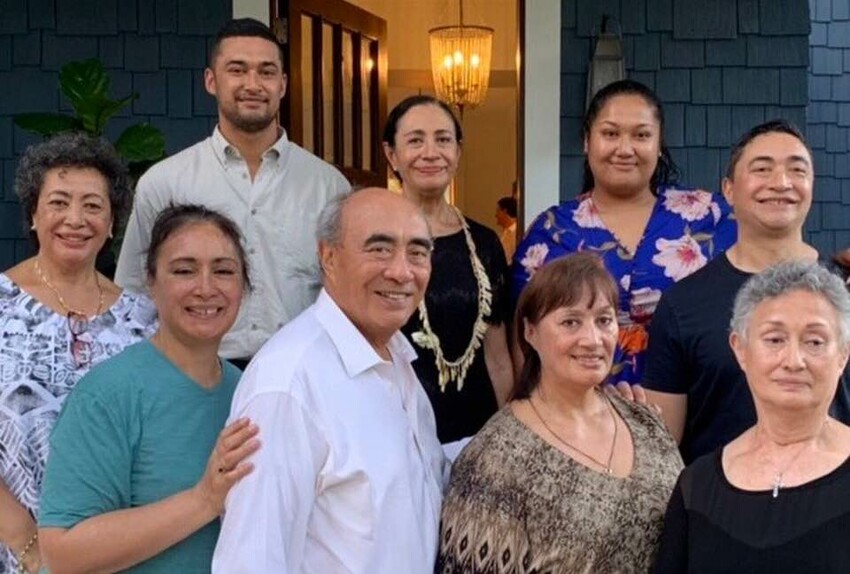
When asked what advice he would offer young Samoans, particularly those raised far from centers of power, his response goes beyond the usual clichés.
“Young people in Samoa should recognise that their potential is deeply rooted in a legacy of exceptional exploration and innovation. Our ancestors navigated the vast Pacific with technical prowess that, as historians have pointed out, was as groundbreaking as interstellar travel. The global successes of contemporary Samoan figures like Dwayne 'The Rock' Johnson and Tulsi Gabbard, as well as the achievements of our elite athletes, serve as powerful reminders of the profound impact our heritage can have.”
If Lelei was awarded the Nobel Peace Prize, it would be the perfect capstone on a career spent quietly yet powerfully reshaping the world — one high-stakes negotiation, sustainable tourism initiative, and peace building mission at a time.
“In lighter moments,” he smiles, “I’ve introduced myself with the quip, ‘Lelei is the name, and peace is the game.’ But if such an honour was bestowed upon me, I would hope it signifies this: that while our efforts have been significant, the journey toward peace is far from over.”
